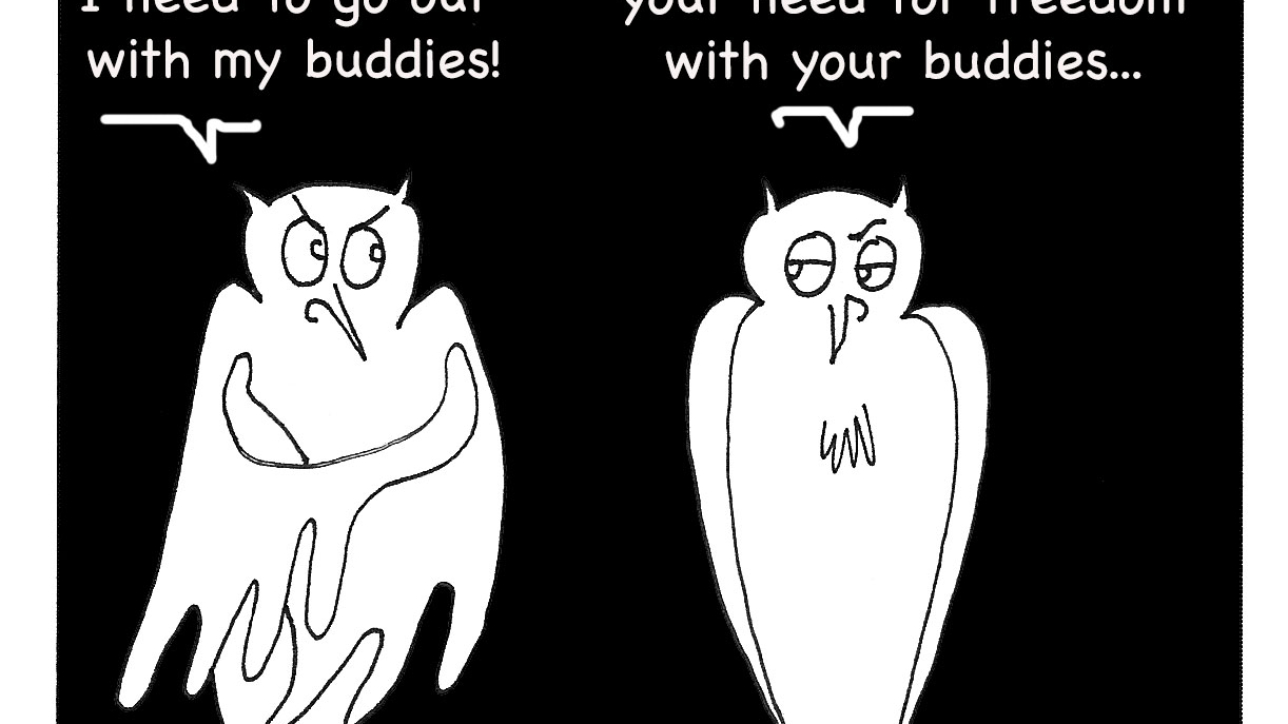When we believe that the needs of others are equal to our needs, we create a foundation for mutual respect. We enter into mature relationships. It’s easier to make compromises and negotiate agreements.
It doesn’t mean that we won’t experience a sense of loss in negotiating agreements – a loss of options and opportunities. It might feel difficult. Who likes experiencing loss?
It doesn’t mean that we won’t also experience confusion. Do we always know what we need in relationships with others?
But we will avoid the trap of ignoring our needs or self-sacrificing them in our yearning for connection. We will avoid the temptation to disregard other’s needs in our impulse toward selfishness.
Being in mature relationships isn’t about unconditional -or selfless– love. It’s about transactional love, a give-and-take relationship based on reciprocity where your needs matter as much as mine.
In our romantic relationships and even professional ones, we tend to mix up the two kinds of love. I certainly caught myself many times in my early career expecting my team mates to love me unconditionally, no matter what I was doing… I was mixed up and a pain in the neck!
Or perhaps was I unconsciously avoiding the confronting but necessary work to make compromises and negotiate agreements? Ultimately to build healthy relationships, there’s no other way around it.
Reflections: How do you relate to your needs? To other’s needs? How do you relate to making compromises and negotiating agreements in your relationships?









Another very thought provoking article, Carole! Many women are taught to have no needs or to go for their wants out of fear that their needs cannot be met. A need is something without which you do not function well, like 8-hours of sleep, intimacy, touch, alone time, time with special friends, etc. It’s all too easy, especially for women, to put others’ needs in front of our own – the more so when our mothers and grandmothers modeled this behavior. Many of our needs we can fulfill ourselves but some need the cooperation of others. Learning how to ask for what we need is an art but can be learned. Learning it has changed my life for the better because until our needs are met on a consistent basis, we will always be resentful of others.
Thank you Aimée for your rich comment about the difficulty of expressing needs, especially for women. Learning how to identify and express needs is so important. That’s why we love so much non-violent communication, isn’t it?
My critical Mom might have something when she scolds me of being selfish. Needless to say, I don’t relate to her that well. I’m all for pointing out weaknesses AND strenghts, but I’m not that good at doing it myself.
The worst thing, to me, is when people misinterpret what you say. My mom doesn’t just misinterpret, she TWIST what I say, to an extend that I really don’t know if I should communicate with her at all. And that is sad, because I do love her.
Still trying to connect,
Riia